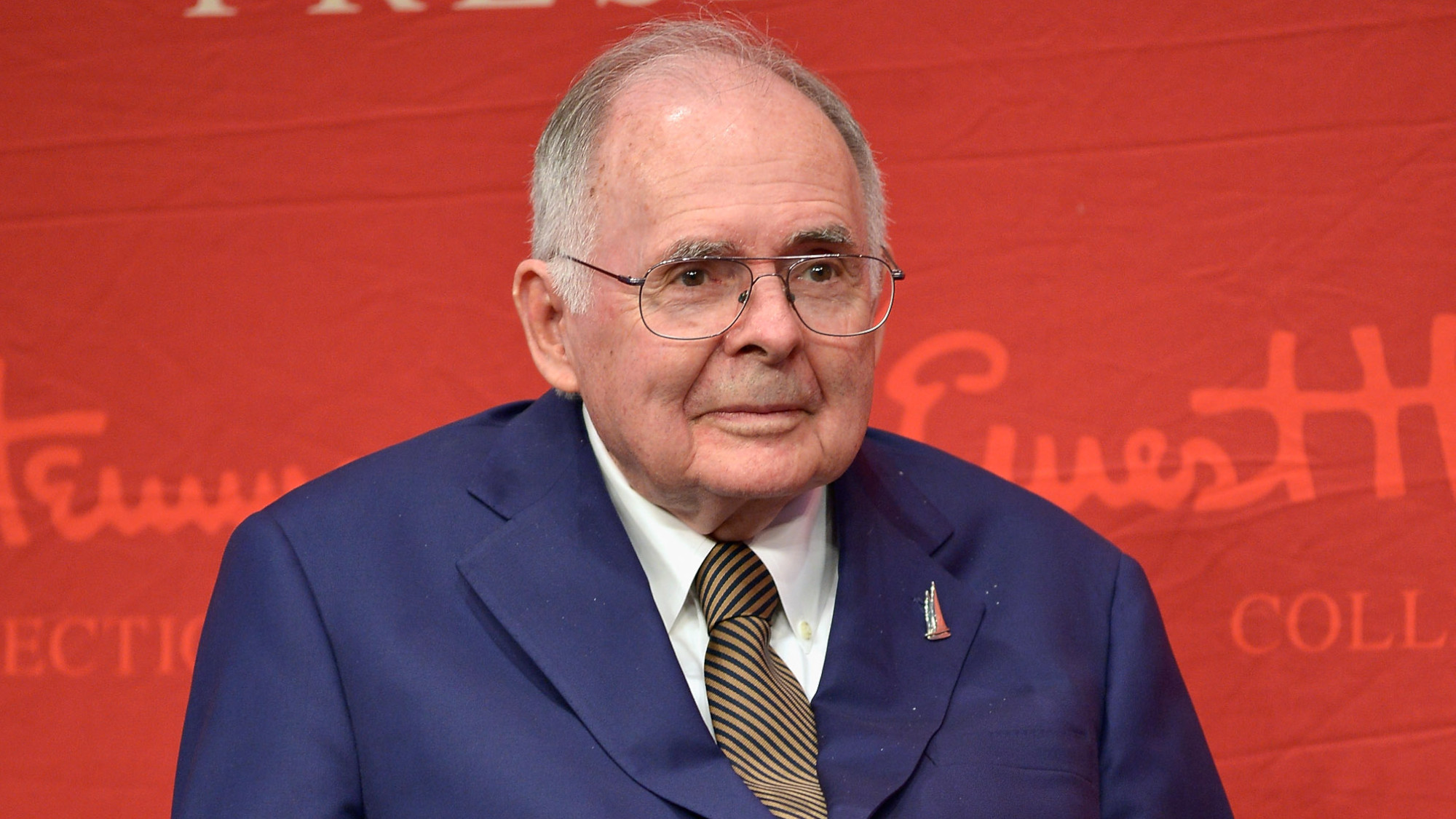Frank Fenner, 1914–2010
The biologist who fought smallpox, malaria, and rabbits
A free daily email with the biggest news stories of the day – and the best features from TheWeek.com
You are now subscribed
Your newsletter sign-up was successful
Frank Fenner was made a Member of the Order of the British Empire for having developed methods to control malaria, which had ravaged Australian troops fighting in the Pacific in World War II. His breakthrough, in fact, was deemed to be partly responsible for the Allied victory over Japan—and that was just the first achievement in a long scientific career.
It’s difficult to quantify Fenner’s contributions to world health, said the Los Angeles Times. Born in Ballarat, Australia, he originally set out to become a geologist, “but his father convinced him medicine would be a steadier source of income.” His studies in tropical medicine at the University of Adelaide were the basis of his WWII work in the South Pacific. After the war, he studied mouse pox, smallpox, and measles. Fenner applied his learning to the plague of 600 million rabbits that had, in the absence of natural predators, overrun Australia in the 1950s, said the London Telegraph. He and two colleagues killed off about 500 million of them by releasing rabbit pox into the population—and injecting themselves with the pox to prove it wouldn’t hurt humans.
In 1969, Fenner began advising the World Health Organization on its campaign to eradicate smallpox, which at that time killed 2 million people a year, said The New York Times. By focusing first on mass inoculations, and then on quarantining patients and vaccinating their close contacts, the WHO eradicated the disease from both human and animal populations within a decade. Fenner himself pronounced the disease’s “epitaph” in an official declaration in Geneva in 1980.
The Week
Escape your echo chamber. Get the facts behind the news, plus analysis from multiple perspectives.

Sign up for The Week's Free Newsletters
From our morning news briefing to a weekly Good News Newsletter, get the best of The Week delivered directly to your inbox.
From our morning news briefing to a weekly Good News Newsletter, get the best of The Week delivered directly to your inbox.
A free daily email with the biggest news stories of the day – and the best features from TheWeek.com
-
 The ‘ravenous’ demand for Cornish minerals
The ‘ravenous’ demand for Cornish mineralsUnder the Radar Growing need for critical minerals to power tech has intensified ‘appetite’ for lithium, which could be a ‘huge boon’ for local economy
-
 Why are election experts taking Trump’s midterm threats seriously?
Why are election experts taking Trump’s midterm threats seriously?IN THE SPOTLIGHT As the president muses about polling place deployments and a centralized electoral system aimed at one-party control, lawmakers are taking this administration at its word
-
 ‘Restaurateurs have become millionaires’
‘Restaurateurs have become millionaires’Instant Opinion Opinion, comment and editorials of the day
-
 Catherine O'Hara: The madcap actress who sparkled on ‘SCTV’ and ‘Schitt’s Creek’
Catherine O'Hara: The madcap actress who sparkled on ‘SCTV’ and ‘Schitt’s Creek’Feature O'Hara cracked up audiences for more than 50 years
-
 Bob Weir: The Grateful Dead guitarist who kept the hippie flame
Bob Weir: The Grateful Dead guitarist who kept the hippie flameFeature The fan favorite died at 78
-
 Brigitte Bardot: the bombshell who embodied the new France
Brigitte Bardot: the bombshell who embodied the new FranceFeature The actress retired from cinema at 39, and later become known for animal rights activism and anti-Muslim bigotry
-
 Frank Gehry: the architect who made buildings flow like water
Frank Gehry: the architect who made buildings flow like waterFeature The revered building master died at the age of 96
-
 R&B singer D’Angelo
R&B singer D’AngeloFeature A reclusive visionary who transformed the genre
-
 Kiss guitarist Ace Frehley
Kiss guitarist Ace FrehleyFeature The rocker who shot fireworks from his guitar
-
 Robert Redford: the Hollywood icon who founded the Sundance Film Festival
Robert Redford: the Hollywood icon who founded the Sundance Film FestivalFeature Redford’s most lasting influence may have been as the man who ‘invigorated American independent cinema’ through Sundance
-
 Patrick Hemingway: The Hemingway son who tended to his father’s legacy
Patrick Hemingway: The Hemingway son who tended to his father’s legacyFeature He was comfortable in the shadow of his famous father, Ernest Hemingway